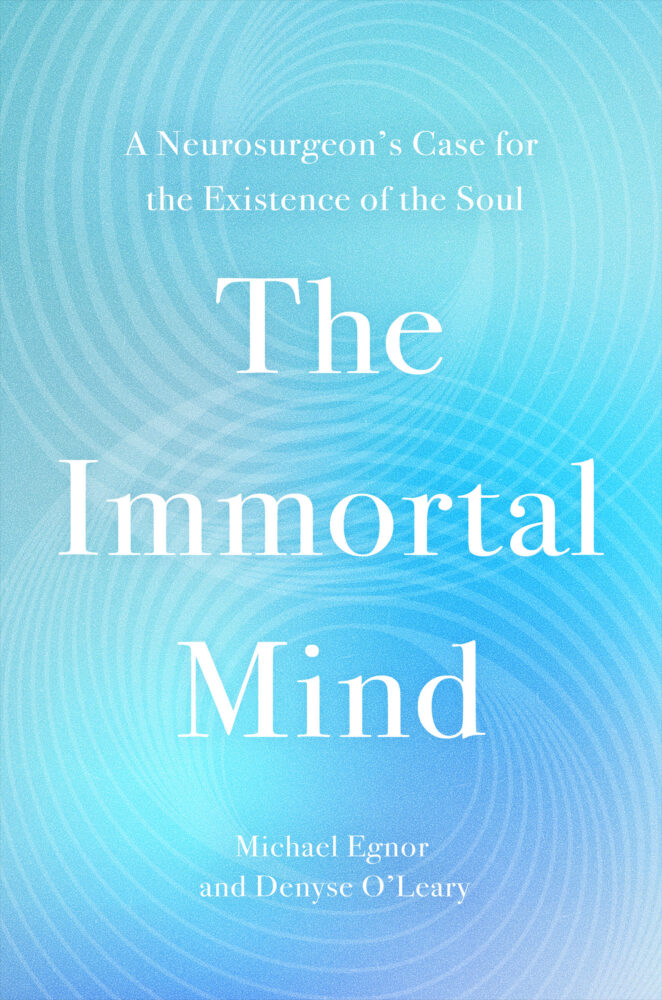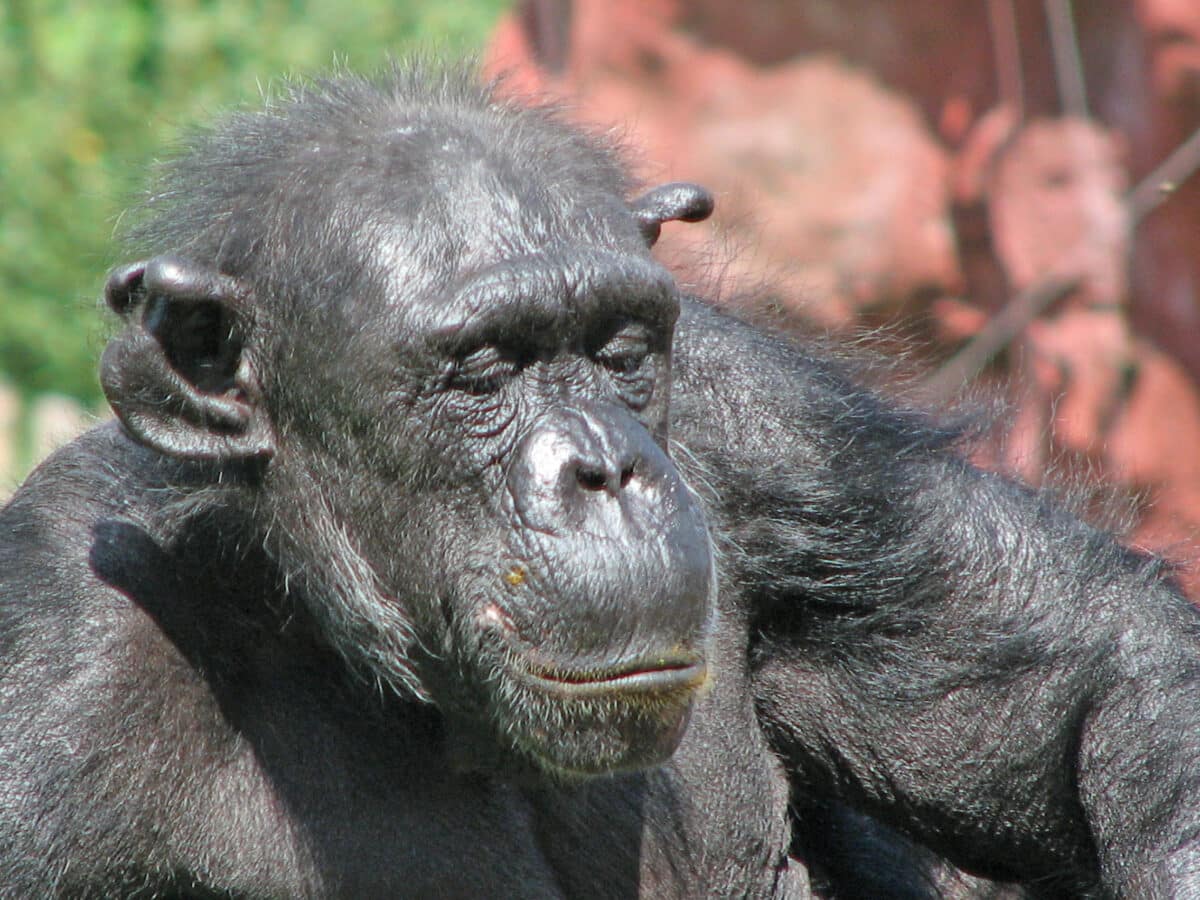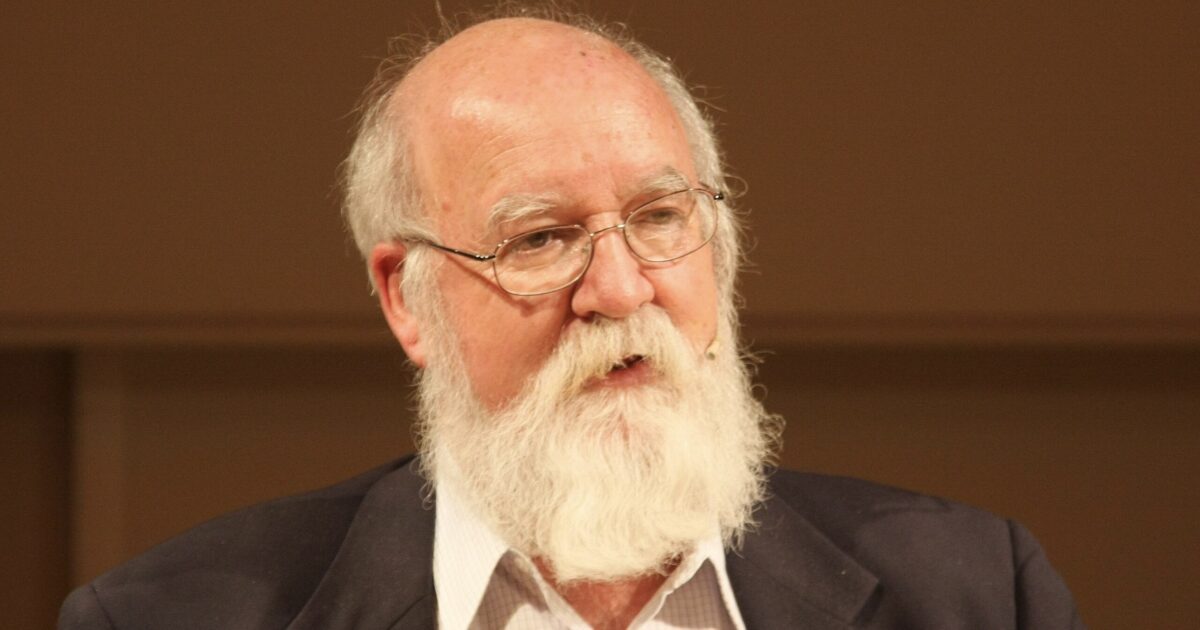
Denyse O’Leary is a freelance journalist based in Victoria, Canada. Specializing in faith and science issues, she is co-author, with neuroscientist Mario Beauregard, of The Spiritual Brain: A Neuroscientist's Case for the Existence of the Soul; and with neurosurgeon Michael Egnor of the forthcoming The Immortal Mind: A Neurosurgeon’s Case for the Existence of the Soul (Worthy, 2025). She received her degree in honors English language and literature.
Archives


New Book: The Catholic Case for the Design of Nature
Fr. Martin Hilbert notes that the history of life seems more like a separate collection of bushes than a single tree
Dog Versus Baby Intelligence: A Comparison

Science Writing: Cat Intelligence Compared With Baby Intelligence
Cat intelligence is of a rather different kind from dog intelligence
Science Writing: Dog Intelligence Compared With Baby Intelligence
It’s an odd question because what we should be asking is, “Are kittens and puppies smarter than babies?”
Babies and Language: A Surprise Finding?

Human Evolution by the Numbers: Chatbot Weighs In

Science Writing Tries to Smash Human Exceptionalism

Wild Baboons Fail the Mirror Self-Awareness Test

The Subtle Ways That Science Writing Erases Human Exceptionalism
Stone tool use among animals versus the Stone Age provides a useful illustration of the tendency
Scientists Examining Consciousness — Here’s the Problem

AI Specialist Explains Why AI Can’t Replicate Human Experience
A profound recent experience crystallized the difference for him between brain and machine
Scientists Wrestling With Human Consciousness Are In For the Win
Yet they can’t win because what they are doing amounts to a form of shadow boxing
Daniel Dennett: The Final Prophet?

Daniel Dennett Made Atheism Easy to Understand
In the process, he somehow also made it less believable
Are Churches Becoming Victims of Stockholm Syndrome?
In a new book, John West looks at the problem of evangelical church leaders adopting the belief systems of their opponents, perhaps to stay safe
Is Science in Our Frame of Reality Inevitably Incomplete?
It’s becoming increasingly obvious that human consciousness isn’t a material phenomenon like any other; it has one foot in time and another in eternity
Trudeau Resigns: Canada’s Media Control Bills Are Stymied For Now
Is the Woke war on reality beginning to stall? In Canada, it is a war not only on math, science, and biology, but also history
What Do Animals Feel? And What About Babies?
